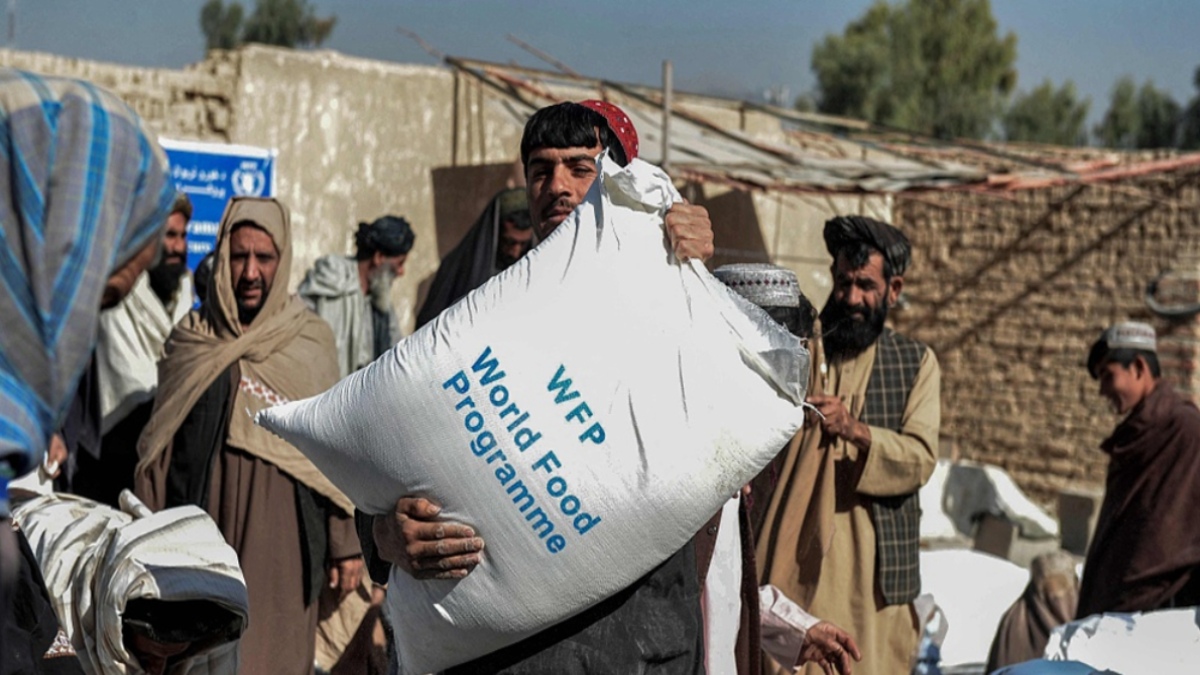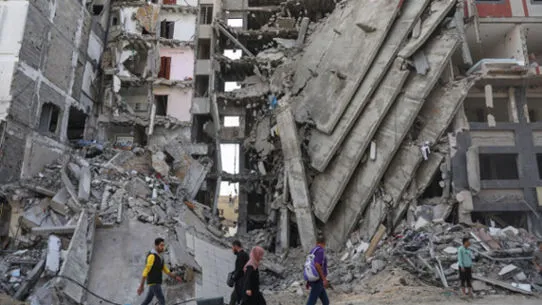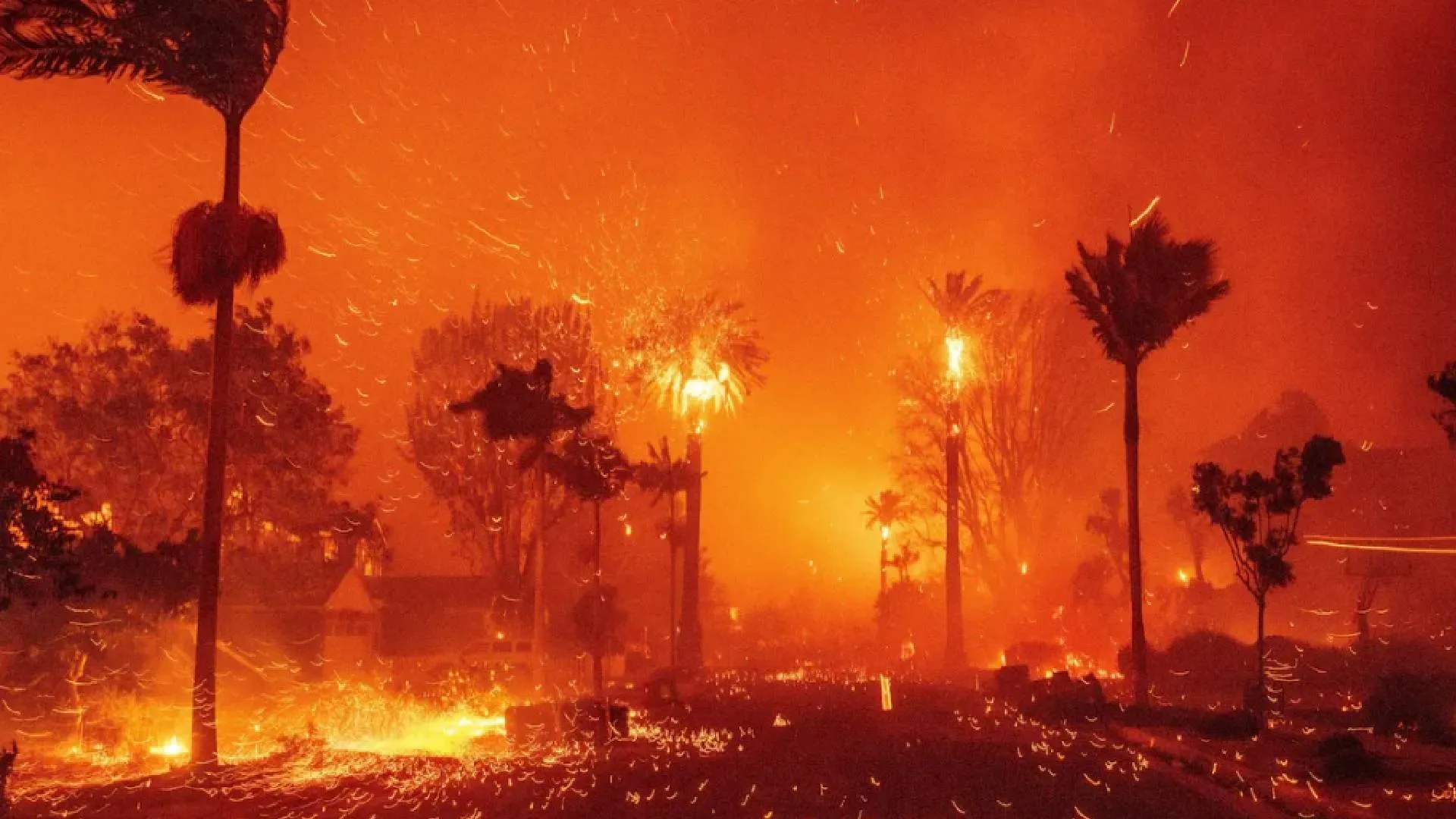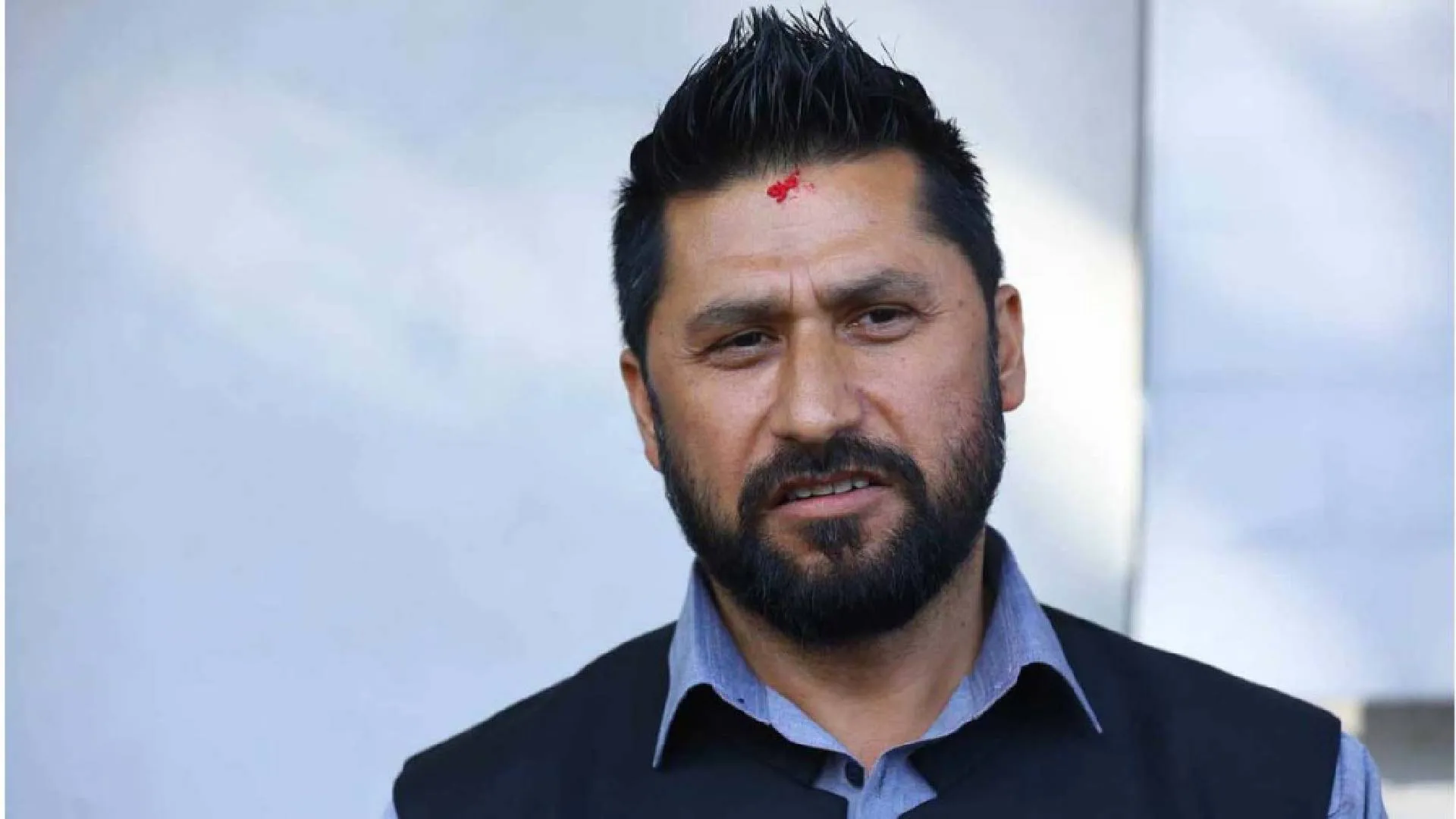Nearly 55 per cent of the Afghan population are estimated to be in a crisis or experiencing emergency levels of food insecurity between now and March of next year, a UN agency report has revealed.
Speaking to journalists in New York, the Spokesperson for the UN Secretary-General pointed to reports that isolated clashes and violence affecting civilians and resulting in casualties continued countrywide this week. The UN Office for the Coordination of Humanitarian Affairs (OCHA), in its situation report, showed concern about “conditional humanitarianism” or attempts to “leverage” humanitarian assistance for political purposes.
The Afghanistan Flash Appeal, which targets 11 million people with aid through the end of the year, seeks USD 606 million and is currently 54 per cent funded.
“Humanitarians remain concerned about ‘conditional humanitarianism’ or attempts to ‘leverage’ humanitarian assistance for political purposes. Further, donors are urged to ensure transactions and other activities required for humanitarian operations are excluded from the scope of sanctions regimes to allow humanitarian activities to continue without impediment,” the OCHA report said.
Since the month of September, the UN agencies and their partners have reached 48,383 children with community-based education activities, supported 82,761 people with emergency shelter and non-food items, and provided 4.1 million people with food assistance.
About 580,050 people got primary healthcare and 85,623 children under five received treatment for Acute Malnutrition, UN News reported. Even prior to the events of 15 August, the humanitarian situation in the country was one of the worst in the world. By the mid-year mark, nearly half of the population, some 18.4 million people, was already in need of humanitarian and protection assistance.
Protection and safety risks to civilians, particularly women, children and people with a disability, were also reaching record highs.























